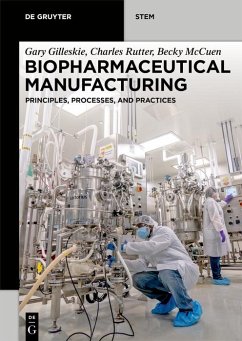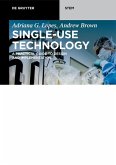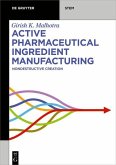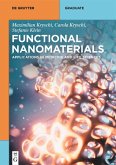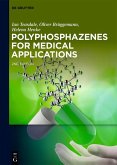Biopharmaceuticals, medicines made by or from living organisms (including cells from living organisms), are extremely effective in treating a broad range of diseases. Their importance to human health has grown significantly over the years as more biopharmaceutical products have entered the market, and now the biggest selling drugs in the world are biopharmaceuticals.
Biopharmaceutical Manufacturing: Principles, Processes and Practices provides concise, comprehensive, and up-to-date coverage of biopharmaceutical manufacturing. Written in a clear and informal style, the content has been influenced by the authors' substantial industry experience and teaching expertise. That expertise enables the authors to address the many questions posed over the years both by university students and professionals with experience in the field. Consequently, the book will appeal both to undergraduate or graduate students using it as a textbook and specialized industry practitioners seeking to understand the big picture of biopharmaceutical manufacturing. This book:
Dieser Download kann aus rechtlichen Gründen nur mit Rechnungsadresse in A, B, BG, CY, CZ, D, DK, EW, E, FIN, F, GR, HR, H, IRL, I, LT, L, LR, M, NL, PL, P, R, S, SLO, SK ausgeliefert werden.

